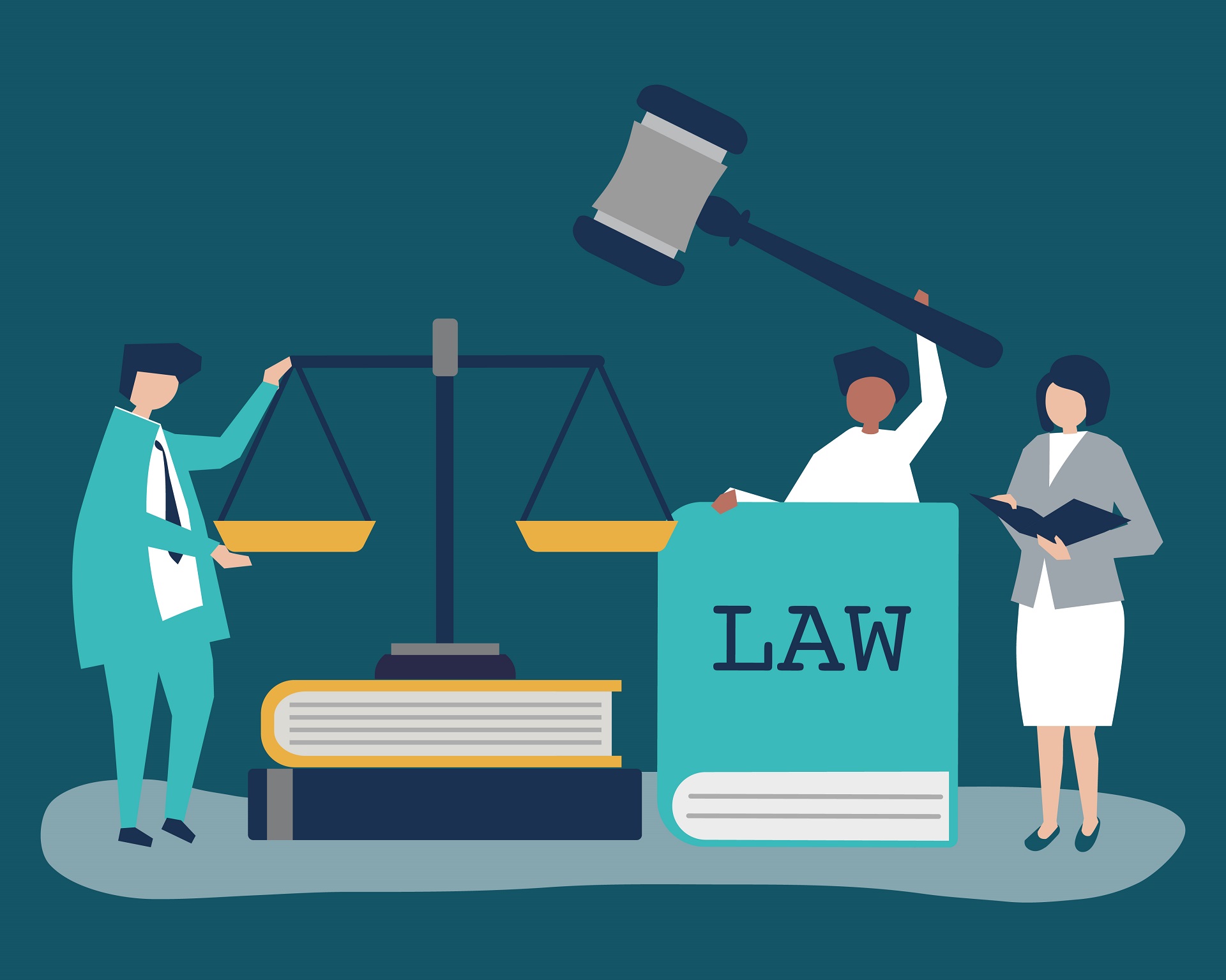
If you’ve bought a new vehicle that has turned out to be defective “lemons! Don’t worry—there’s a solution for you. Lemon Law is a consumer protection that can help you get the resolution you deserve.
Used Vehicles sometimes qualify for lemon law protections if certain conditions are met, such as, the vehicle is certified, still under the original manufacturer’s warranty or sold with an express warranty.
Understanding Lemon Law
Lemon Law is a law to protect consumers who have purchased faulty or defective products. The law applies to new vehicles and under certain circumstances, used vehicles. Some states extend coverage to other goods as well. Filing a Lemon Law claim leads to various results. Such as a refund, replacement or repair of the defective product.
Presenting a claim is an important step. We recommend retaining the services of a reputable and experienced attorney. Starting a claim incorrectly can result in diminished or no results.
Step 1: Know Your State’s Lemon Law
Before proceeding, familiarize yourself with the specific Lemon Law in your state. Requirements and standards may vary. So make sure you are aware of the restrictions that govern your case.
Step 2: Gather Important Documents
To build a strong claim, collect all relevant documentation related to your purchase. And the issues you’ve encountered.
Essential documents include:
- – Purchase contract, lease agreement or receipt
- – Manufacturer’s warranty
- – Repair records and invoices
- – Communication with the manufacturer
- – receipts of expenses incurred.
Step 3: Understand Qualifying Criteria
Determine if your situation meets the qualifying criteria for Lemon Law protection.
Common criteria include:
- – The product must be under warranty.
- – A substantial defect must persist despite multiple repair attempts.
- – The defect should have been reported within the warranty period.
Step 4: Notify the Manufacturer
Get confident that your situation qualifies for Lemon Law protection. Then it’s time to notify the manufacturer about the persistent issues. Send a written notice detailing repair attempts. And request a resolution within a reasonable timeframe. This step is important and while not required, should be completed by an licensed, experienced and reputable lemon law practitioner so that all of your rights and remedies are preserved.
Step 5: Engage in Mediation (if applicable)
Some states require consumers to participate in mediation before filing a lawsuit. This step facilitates a resolution between the consumer and the manufacturer.
Step 6: Consult with a Lemon Law Attorney
If the manufacturer fails to address the problems, consider legal advice from an attorney. We recommend this as your first step. An experienced attorney, licensed to practice law in your state, can counsel you through the process and ensure your rights and remedies are protected. And define your interests, and increase your odds of a favorable outcome.
Step 7: File a Lawsuit (if necessary)
If mediation or your initial communication doesn’t show a satisfactory solution, you need to file a lawsuit or initiate arbitration to enforce your rights. Your attorney will help you in preparing and presenting the case and representing you in court and other legal proceedings.
Filing a Lemon Law suit may appear daunting. But with the right information and guidance, you can navigate the process effectively. These necessary steps will strengthen your case. If you think you’ve bought a lemon, don’t hesitate to stand up for your customer’s rights.
Keep in mind that your attorney’s fees are recoverable in the State of California. The Hashemi Law Firm provide free consultations and provides services on a contingency basis. There is no risk or cost to you!
